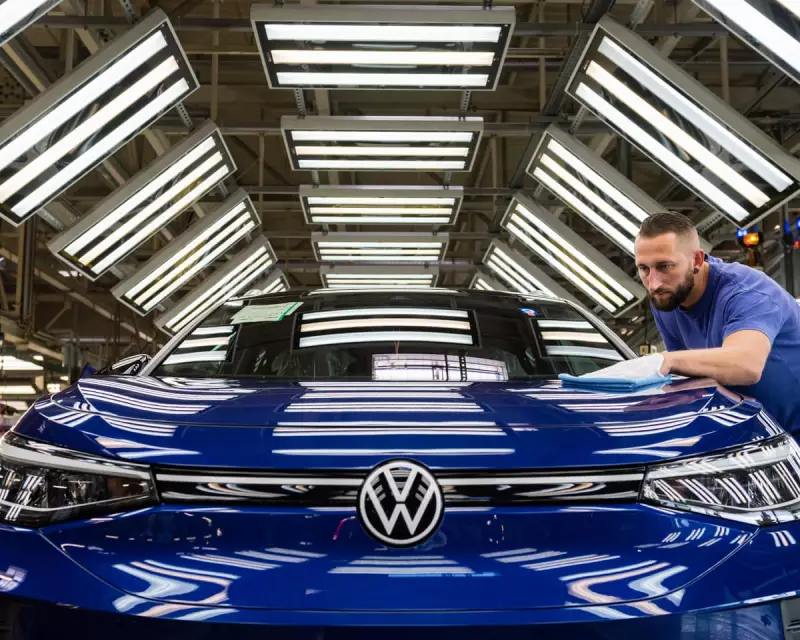
In a landmark move that could reshape the automotive supply chain, a consortium of European vehicle manufacturers led by Volvo and Volkswagen has successfully taken control of Chinese-owned chipmaker Nexperia. The deal, approved by Dutch authorities, represents a strategic effort by carmakers to secure vital semiconductor supplies after years of disruptive shortages.
European Automotive Giants Take Control
The acquisition sees major players from Europe's automotive sector joining forces to ensure stable access to the microchips that power modern vehicles. With everything from engine management systems to infotainment displays requiring semiconductors, the industry has been particularly vulnerable to supply chain disruptions.
Volkswagen, Europe's largest carmaker, and Volvo Cars have taken significant stakes in the newly structured company. The involvement of these automotive heavyweights underscores the critical importance of securing chip manufacturing capacity for their future production plans.
Dutch Government Gives Green Light
The Netherlands, where Nexperia is headquartered, has formally approved the takeover following extensive review. Dutch officials have been increasingly vigilant about foreign ownership of strategic technology assets, making their endorsement of this deal particularly significant.
The approval process considered both economic factors and national security implications, ultimately concluding that the automotive consortium's ownership would serve Dutch and European interests.
Addressing Chronic Supply Chain Vulnerabilities
This strategic acquisition comes as the automotive industry continues to recover from the global chip shortage that forced production shutdowns and delayed vehicle deliveries worldwide. The crisis exposed the sector's dependence on a limited number of semiconductor suppliers and highlighted the need for more direct control over this crucial component.
By taking ownership of Nexperia, the carmaker consortium gains immediate access to production capacity for essential chips used in vehicle systems. This vertical integration strategy mirrors approaches taken by other industries facing similar supply chain challenges.
Broader Implications for European Industry
The successful takeover signals a growing trend of European manufacturers taking more direct control of their supply chains, particularly for technologically sensitive components. As vehicles become increasingly electrified and connected, reliable access to advanced semiconductors has become a competitive necessity rather than a luxury.
Industry analysts suggest this move could inspire similar strategic acquisitions across other manufacturing sectors that depend heavily on electronic components. The deal represents a significant step toward greater European sovereignty in semiconductor production at a time of heightened global competition for chip manufacturing capacity.





